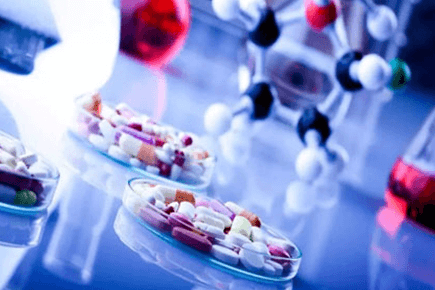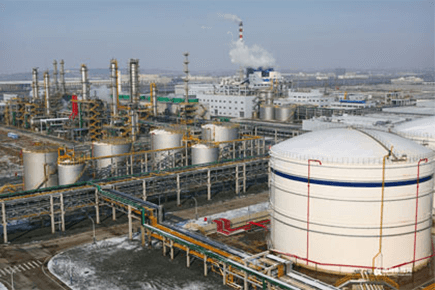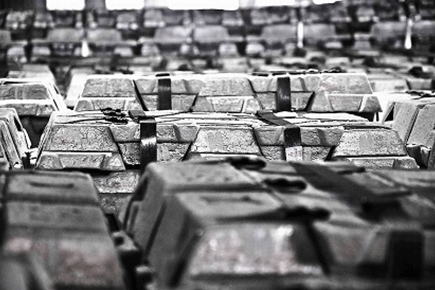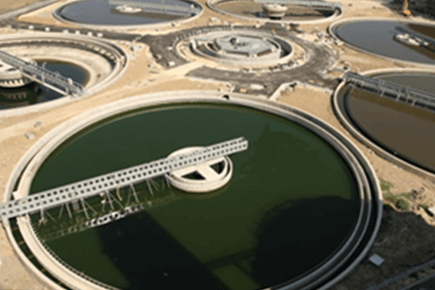SEPLITE® CT-21A weak basic polymeric catalyst resin for remove acidic materials from organic solvents

SEPLITE® CT-21A is a weak base anion ion exchange resin based on the matrix of styrene-DVB copolymers.
It can be used to remove acidic materials from organic solvents and remove phenol from benzene and inhibitors from monomers like hydroquinone, hydroquinone mono-ethyl ether (MEHQ), tertiary butyl catechol (TBC).
Weak Basic Polymeric Catalyst Resin Physical and Chemical Characteristics:
| Ionic form | FB |
| Matrix | Crosslinked polystyrene |
| Physical appearance | Porous spherical beads |
| Total Capacity |
≥1.3 eq/L ≥4.6 mmol/g |
| Water retention % | 54-62 |
| Shipping weight g/ml | 0.60-0.70 |
| Density g/ml | 1.10-1.20 |
| Particle size mm,% | 0.315—1.25 ≥95% |
| Whole beads count % | ≥95 |
| Uniformity coefficient | ≤1.6 |
| Nitrogen BET | |
| Average pore size A | 110 |
| Surface area m2/g | 35 |
| Pore volume ml/g | 0.1 |
| Maximum Operating temperature ℃ | 100 |
| Recommended storage temperature ℃ | Room temperature |
Weak Basic Polymeric Catalyst Resin Precautions:
Resins should be stored in sealed containers or bags where temperature was above 0℃ in dry conditions without exposure to direct sunlight.
Do not mix ion exchange resin with strong oxidizing agents; otherwise it will cause violent reactions.
In case of eyes contact with resins, rinse eyes immediately with plenty of water, and consult a specialist. Material and samples must be disposed according to local regulations.
Dry polymers will expand when become wet and may cause an exothermic reaction. Spilled materials may be slippery.
SEPLITE® and Monojet™ are registered trademarks of Sunresin New Materials Co. Ltd
This information is general information and may differ from that based on actual conditions. For more information about SEPLITE® resins, please contact SUNRESIN® local sales directly.













